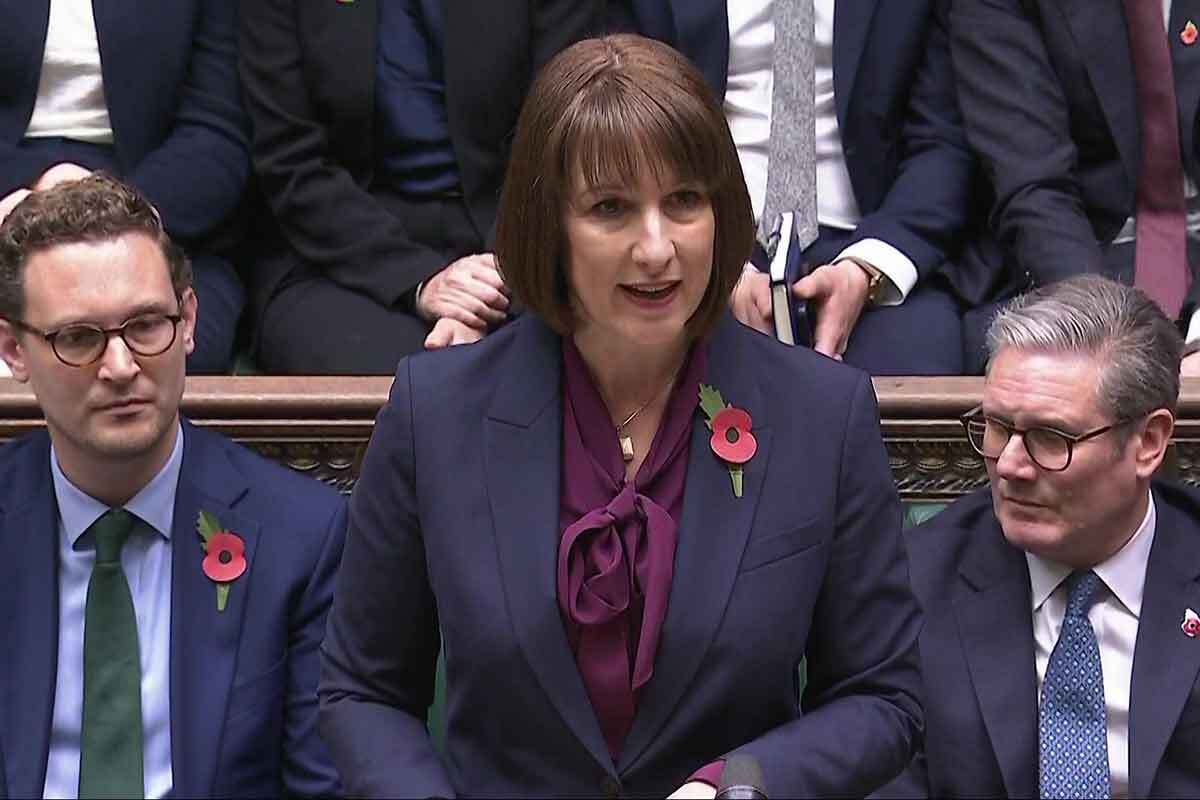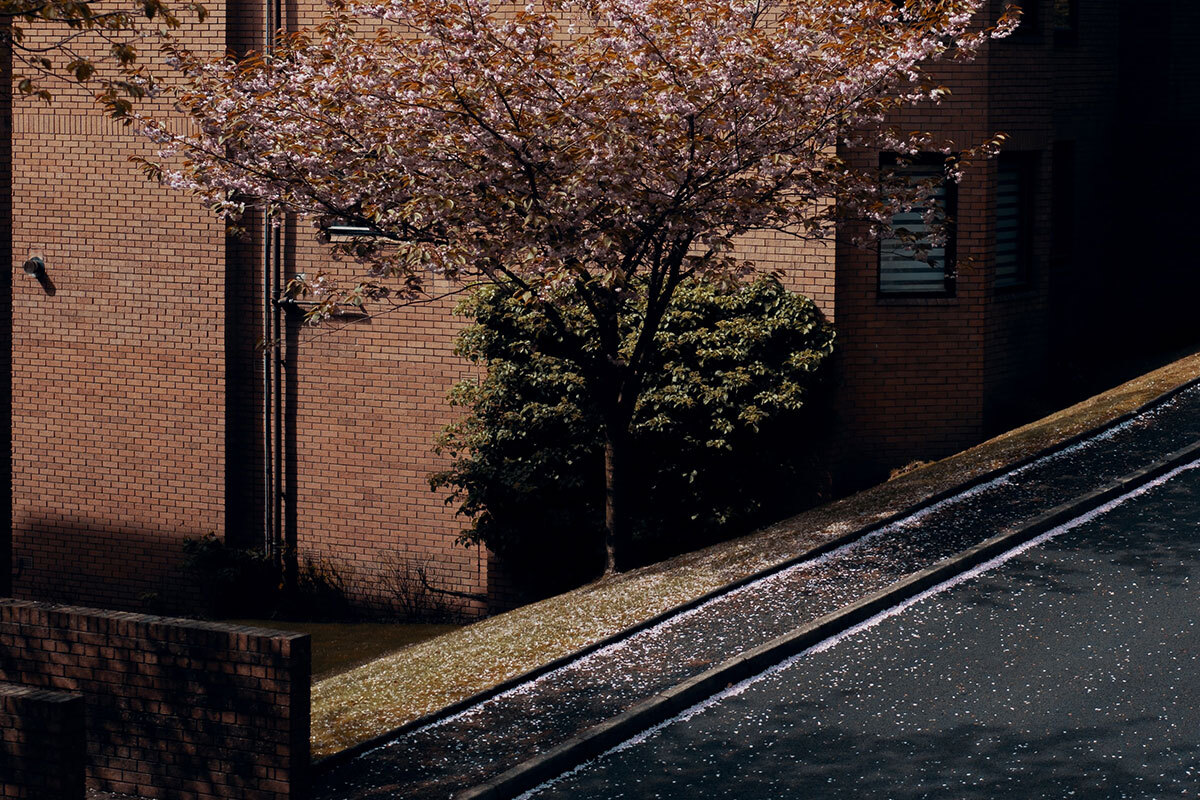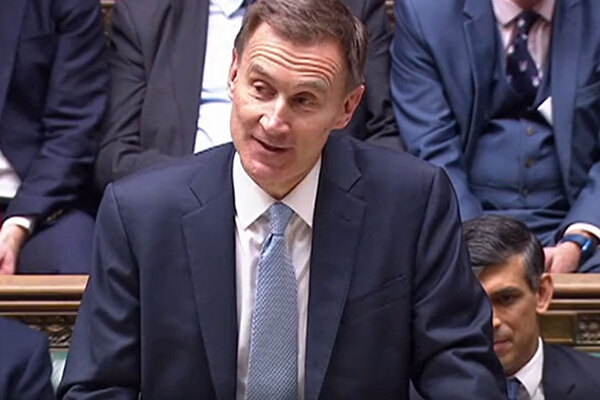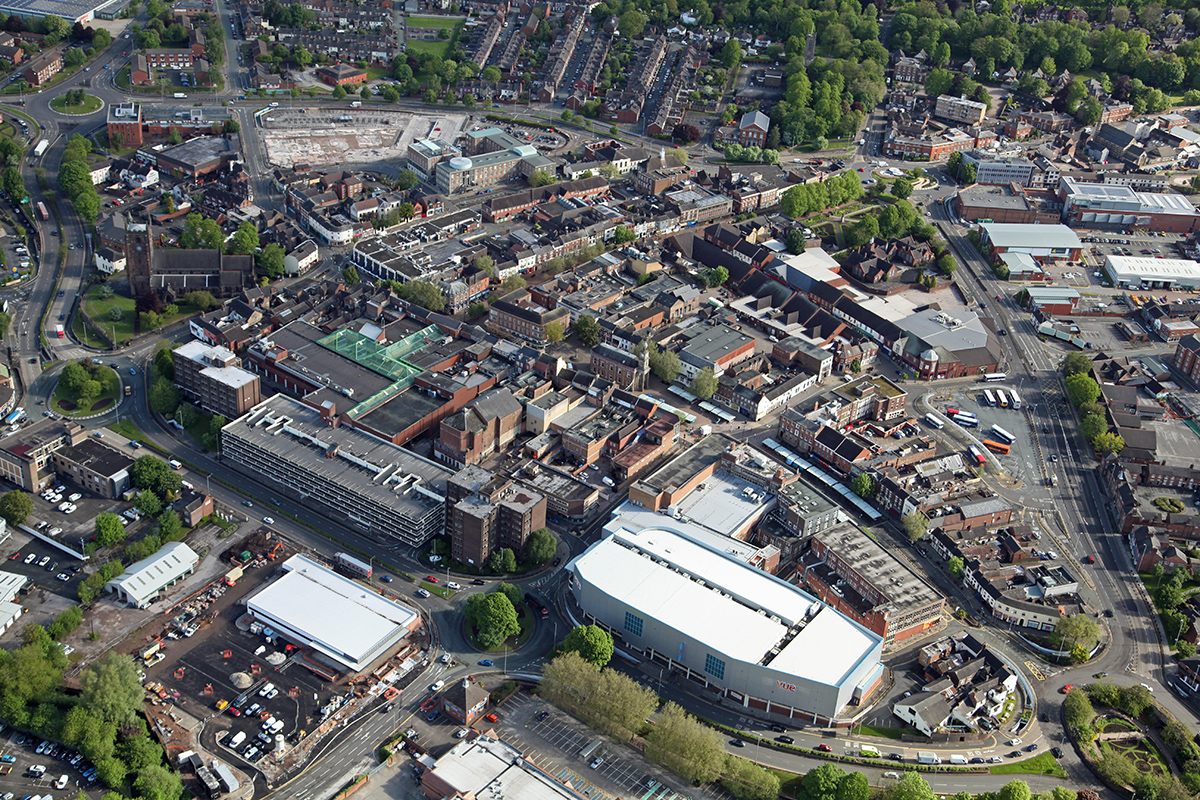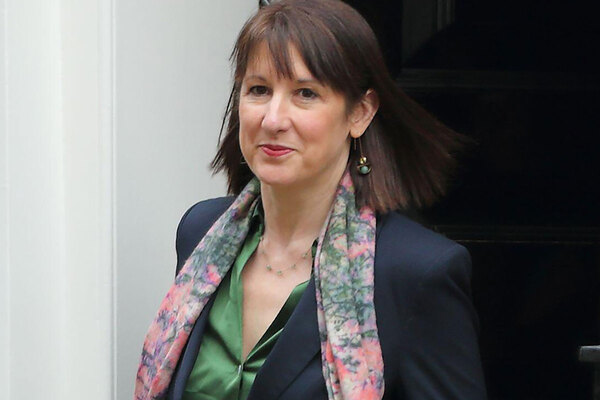You are viewing 1 of your 1 free articles
Autumn Budget 2024: SDLT reform targets second homes and first-time buyers
The government has announced an increase in the higher rate of stamp duty land tax (SDLT) to help first-time buyers and target second homes.
The rate on the SDLT surcharge for second homes, known as the higher rate for additional dwellings, will increase by two percentage points to 5%.
Chancellor Rachel Reeves said in her address to parliament today that the increase will come into effect from tomorrow (31 October).
“In our manifesto, we committed to reforming stamp duty land tax to raise revenues while supporting those buying their first home,” Ms Reeves said.
“This will support over 130,000 additional transactions from people buying their first home or moving home over the next five years.”
The higher duty SDLT applies to current homeowners who buy an additional residential property worth £40,000 or more. The SDLT rate is currently 3% for properties worth up to £250,000.
The previous government also took steps to tackle the issue of second homes, after increased numbers of empty homes had an impact on people being able to find affordable housing.
In March, the government confirmed that double council tax on long-term empty properties would come into force from 1 April.
It also announced plans for a national register of short-term lets and said councils would be given the power to curb lettings in tourist hotspots by making them subject to planning permission.
In Wales, councils have been able to charge a 300% council tax premium on second homes since 2022 as part of the government’s efforts to clamp down on the problem. Cyngor Gwynedd imposed a 150% premium in April last year.
In the Spring Budget this year, the previous government announced that it was updating legislation to ensure registered providers were not liable for SDLT when purchasing property with public subsidy.
Earlier today, the chancellor also announced billions of pounds in new funding for cladding remediation and the government’s Warm Homes Plan.
She also pledged £230m to tackle homelessness and rough sleeping, and an extension to the Household Support Fund and Discretionary Housing Payments, with an additional £1bn funding from next year.
Sign up for our daily newsletter
Already have an account? Click here to manage your newsletters
